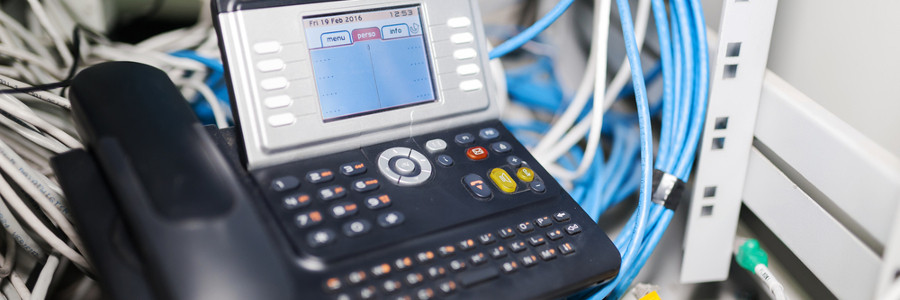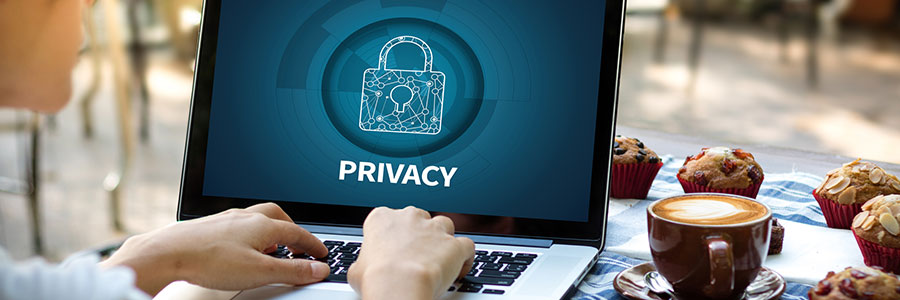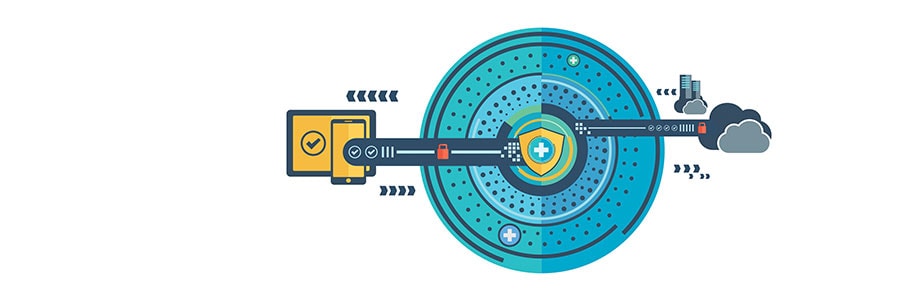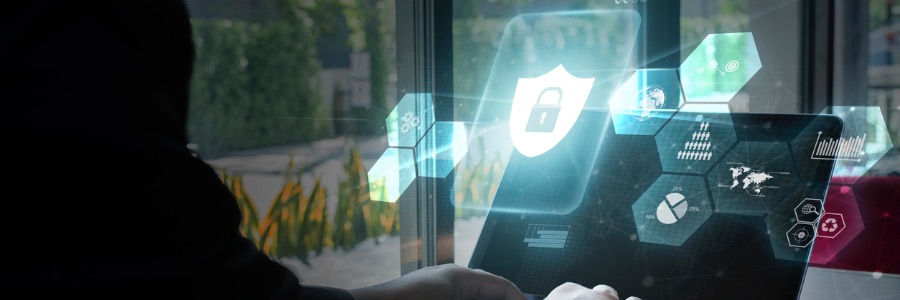Working from home increases employee autonomy, cuts costs, and ensures the health and safety of the company during the coronavirus pandemic. The problem is, it also increases the likelihood of security breaches since employees are working outside the company's security perimeter.
Security best practices for remote workers
Tips and tricks to prevent watering hole attacks

Hackers are getting creative nowadays with their illicit activities, which means the onus is on computer users to take steps to protect their computers. The first step to staying ahead of the game is by learning more about cyberattacks. Here are some pointers to help you deal with oneway criminals steal data: watering hole attacks.
Enjoy an improved laptop experience
Invaluable tips for online safety

Let’s be honest, surfing the net in the comfort of your home or with the privacy of a small screen feels safe. However, certain sites could be snooping on your online activity by placing digital trackers called “cookies” on your devices. Here’s what happens to your personal details whenever you go online.
Why you need a VPN and how to choose one
VoIP security tips for SMBs

SMBs are steadily transitioning from traditional phone services to VoIP solutions for team collaboration. Since VoIP threats don’t make headlines as often as cyberthreats like ransomware and phishing, not everyone knows how to combat them. Here are five tips to secure your company’s internet-based communication devices and services.
What are watering hole attacks?
What private browsing can and can’t do

As you surf the web, it’s nearly impossible to keep your internet activity completely private. Certain websites collect personal information for marketing purposes and your browser keeps track of all the websites you visit. But that browsing information can also fall into the wrong hands, which is why you should consider using private browsing if you want to keep your online activities to yourself.
Enhance your new laptop in 5 steps

Laptops may not be the most powerful computers, but the benefits they provide are undisputable. For one thing, they deliver a similar user experience to your huge desktop PC, but much more conveniently and affordably. But before you reap their many benefits, learn five precautionary steps you should take before using them.
VPNs: Why you need them

Installing powerful antivirus software and setting strong passwords are no longer considered the bare minimum in cybersecurity. With hackers, government agencies, and ISPs constantly monitoring networks and your online habits, hopping onto a Virtual Private Network (VPN) is crucial for keeping your surfing habits private.




